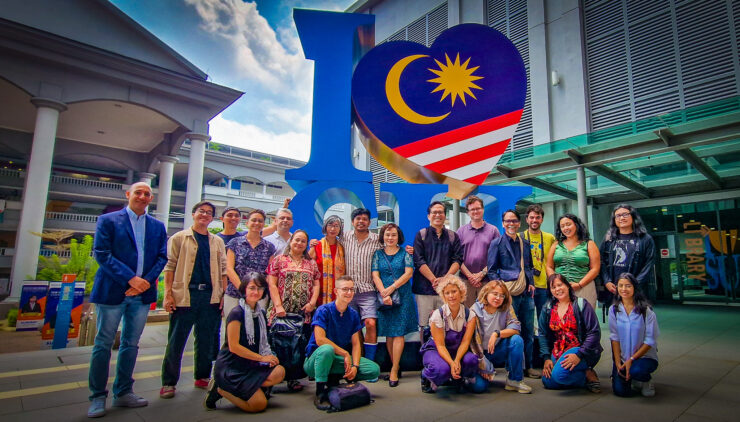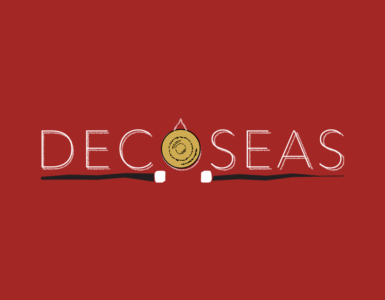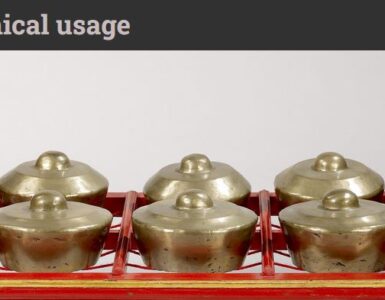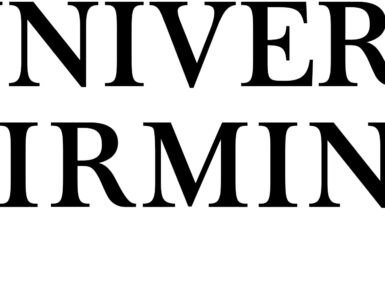The DeCoSEAS consortium gathered in person for the second time for a five-day workshop in August in Kuala Lumpur. Our consortium partner, Prof. Mayco Santaella, at Sunway University, graciously hosted us. During the workshop, DeCoSEAS partners discussed the various work packages embedded in the project.
On day one, the team paid a courtesy visit to the Arkib Negara Malaysia (National Archive of Malaysia) and forged a possible future partnership. DeCoSEAS team exchanged ideas with experts from the Arkib Negara Malaysia regarding approaches to curation and preservation of archival material, as well as discussed potential areas of collaboration such as joint research projects and workshops. In addition, the DeCoSEAS team visited various sections of the National Archives, including the paper preservation lab and the Audiovisual Archives exhibition.
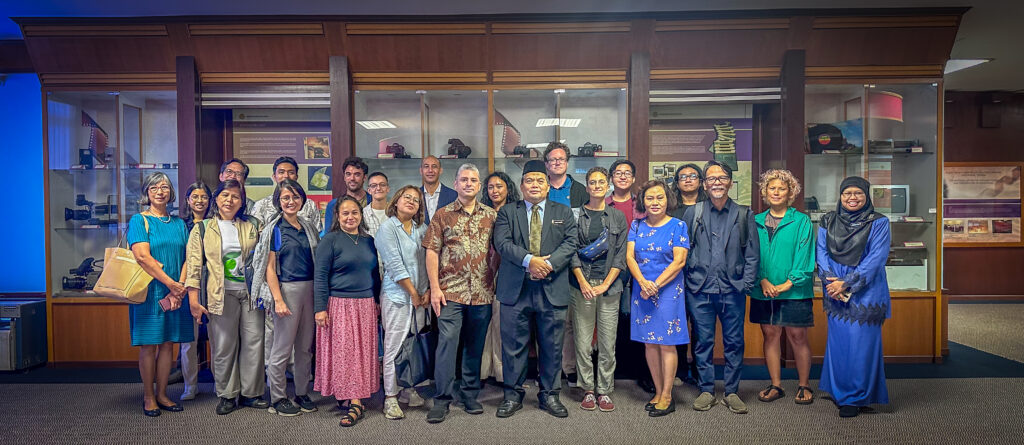
During the week, the Cavite-Kuala Lumpur manifesto was ratified. This collective statement embodies the consortium’s ethos and position towards decolonizing colonial sound archives in and about Southeast Asia. The next step would be to prepare operational guidelines
The consortium also discussed its four digitization projects. In the first quarter of 2024, we will launch the Jaap Kunst Sound Archive beta version, the “Sound of Empire” (BBC and British Library sound collection), the Toraja Music project, and the aggregation platform Southeast Asia-Hearing. Southeast Asia Hearing is an online platform providing online access to audio materials hosted in various European institutions. The aim is to create an overarching platform with a synchronized metadata model that incorporates SEA partners’ collections, such as the University of the Philippines-Center for Ethnomusicology and MYArchives.
The 2023 SEA-EU Visiting Fellows also participated in the workshop. Vu Thi Minh Huong (Vietnam) reported about her research residency in Paris in March-May 2023. Her research will be published on the DeCoSEAS website soon. Ignatius Aditya Adhiyatmaka (Indonesia) and Azeem Shah (Malaysia) were introduced to the consortium partners in preparation for their autumn fellowship in Amsterdam and London, respectively.
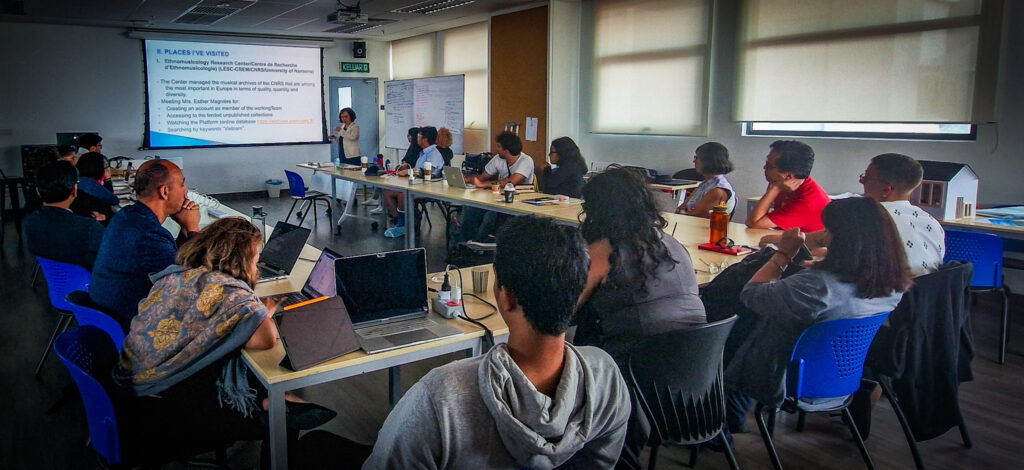
Pierre Proteau and Fred Molin launched the DeCoSEAS podcast. The first episode compiles discussions from the DeCoSEAS summer workshop 2022. DeCoSEAS’s main aims and stance on decolonization unfolded throughout the episode. You can listen to the pilot episode here.
Agreements for repatriation and restitution with the Berlin Phonogram Archive and the Lautarchiv der Humboldt Universität zu Berlin are also moving forward. The UPCE is eager to start a pilot case of repatriating some audio material, namely the Jenő Takács collection.
The consortium planned the SEA-SEA fellowship in 2024. Four Southeast Asian fellows can apply for research residency within one of the partner institutions in the region. This is a continuation of knowledge exchanges between the Global South.
The consortium will work towards a forthcoming collected volume in the project’s final year. The joint publication, Decolonizing Southeast Asian Archives Sonic Geopolitics, Entanglements, and Epistemologies (working title), will engage the different issues of Sonic Migrations and Epistemologies, Community Outreach and Engagement, Geopolitics and Repatriation, Curating Sonic Heritage, and Creation and Re-creation. See the Call for Abstracts here.
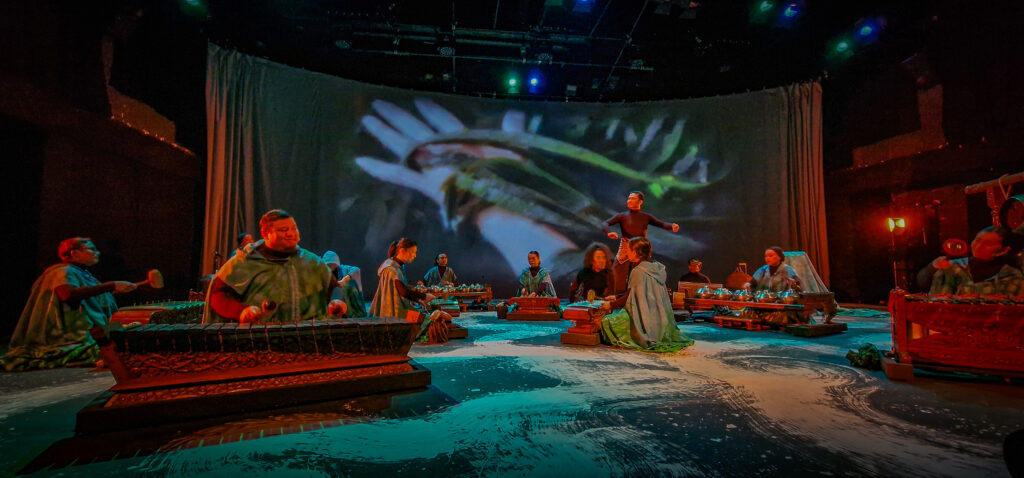
In addition to discussions, the consortium also visited Rimbun Dahan, a center for developing traditional and contemporary art forms, and attended Rhythm in Bronze’s performance of Seruan Setu. Furthermore, films made by DeCoSEAS’ partners were screened. Gónô Tmutul: Building a House of Stories by Christina Juan (London) traces the story of a repatriation of material heritage. Citra Aryandari’s films about Atoni weaving that recreated audio material inspired by the wax cylinder recordings by Jaap Kunst in the Indonesian Archipelago.
